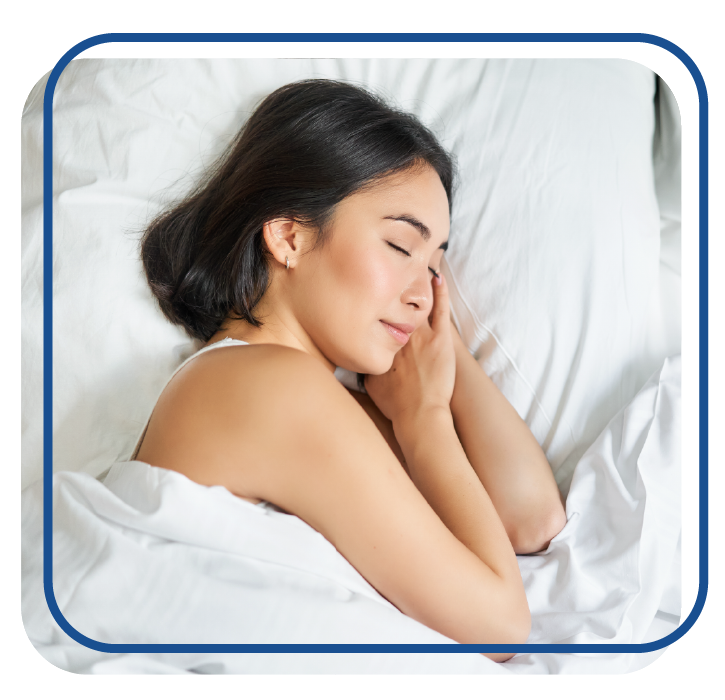
What Is Sleep Apnea?
Understanding Your Sleep Disorder
Sleep apnea is a sleep disorder where a person momentarily stops breathing during the night. While a person with the disorder sleeps, this lapse in breathing results in their brain waking them up so they can start breathing again. Most often a person is not aware of this lapse in breathing. This stop-and-start pattern continues throughout the entire time the person is asleep. Because patients with this disorder wake up frequently throughout the night, they are not getting enough deep sleep. Deep sleep is important to keep your body functioning well. This means that people with this disorder may experience symptoms such as fatigue and a weakened immune system. This disorder is very common in the United States, but often goes undiagnosed. According to the American Academy of Sleep Medicine, approximately 23.5 million American adults have undiagnosed sleep apnea. It is more common in men, especially older men, but women, and even children, can have it, too.
Types Of Sleep Apnea
While all types of sleep apnea cause disruptions in a person’s breathing, there are four different types. These types are:
Symptoms & Signs
Sleep apnea not only affects you while you are asleep, but also while you are awake. Though snoring is a common and well-known sign, that does not mean that all people who live with the condition snore. It is important to be aware of any other signs or symptoms you may experience. Some of the many different symptoms of this condition include:
How Sound Sleep Can Improve Your Physical Performance
Sound sleep is important for sports and exercise, as well. Sleep gives your body, especially your muscles, time to repair and recover from exercising. Since sports utilize both the body and the mind, getting enough rest is important for the function of both. Getting sound sleep helps your:

Better Sleep, Better Quality Of Life
At Virginia Sleep & TMJ Therapy in Richmond, VA, we are committed to helping you restore sound sleep, so you can perform at your best in all aspects of your life. Receiving treatment for your condition is important. Not only will it improve the quality of both your sleep and life, but it will also often reduce any additional health risks.
If you are experiencing any of the symptoms listed above or have any questions or concerns, don’t hesitate to reach out to us at (804) 729-3474. We will be happy to help you!

